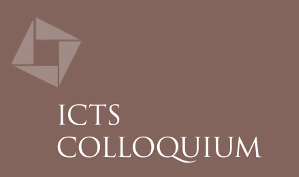Indian subcontinent is inhabited by about 5,000 anthropologically well-defined populations, many of which are endogamous communities with significant barriers to gene flow due to sociological, linguistic and cultural factors that restrict inter-population marriage. To assess the impact of endogamy, we have analysed samples from more than 2,800 individuals from over 275 distinct South Asian groups from India, Pakistan, Nepal, Sri Lanka, and Bangladesh using about 600,000 genome-wide markers. We found that 81 out of 263 unique South Asian groups, including 14 groups with estimated census sizes of over a million, have a strong founder event than the one that occurred in both Finns and Ashkenazi Jews in the West – these are founder groups known to have large numbers of recessive diseases. We identified multiple examples of recessive diseases in Indian subcontinent that are the result of such founder events. Our study provides opportunity for discovering population-specific disease causing genes in communities known to have strong founder events. Mapping of mutations that are responsible for population-specific disease would help in developing strategies for diagnosis, counseling, management and modifying the clinical course of these disorders and to reduce the disease burden among South Asians.


